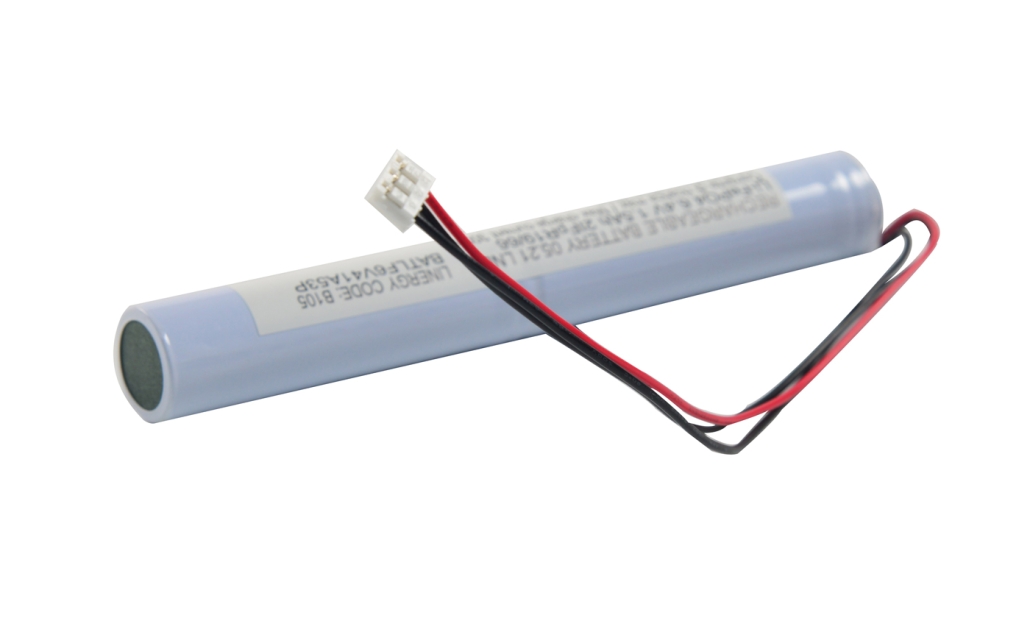Lighting the Way with Lithium Batteries in Emergency Systems
In an era where reliability and safety are paramount, enhancing emergency lighting systems with lithium batteries offers a significant advantage. Lithium batteries, particularly lithium iron phosphate (LiFePO4) batteries, are transforming the landscape of emergency lighting, providing unparalleled benefits compared to traditional power sources.
Introduction to Lithium Batteries: Features and Benefits
Why Lithium Batteries are Ideal for Emergency Lighting Systems
How Lithium Batteries Improve the Reliability of Emergency Lights
This blog post will explore the features and benefits of lithium batteries, explain why they are ideal for emergency lighting systems, and highlight how they improve the reliability of emergency lights.
Introduction to Lithium Batteries: Features and Benefits
LiFePO4 batteries are becoming increasingly popular due to their superior performance characteristics. As a leading lithium battery manufacturer, we focus on producing these batteries known for their high energy density, lightweight design, and long lifespan. Unlike traditional lead-acid batteries, LiFePO4 batteries can withstand a greater number of charge-discharge cycles—typically over 2,000 cycles—without significant degradation in performance. This longevity makes them a cost-effective investment for emergency lighting applications. Additionally, lithium batteries have a higher efficiency rate, which means they can store and deliver energy more effectively. This efficiency is crucial in emergency situations where every bit of energy counts. Furthermore, lithium batteries are environmentally friendly, as they contain fewer harmful materials and are recyclable. Their maintenance-free nature also reduces the total cost of ownership, making them an attractive option for businesses looking to enhance their emergency lighting systems.
Why Lithium Batteries are Ideal for Emergency Lighting Systems
The unique features of wholesale lithium batteries make them particularly suitable for emergency lighting systems. Safety is a critical concern in emergency scenarios, and LiFePO4 batteries excel in this area. They have superior thermal and chemical stability compared to other lithium-ion chemistries, reducing the risk of overheating and thermal runaway. This stability is essential in emergency lighting systems, where the risk of fire or explosion could be catastrophic. Additionally, lithium batteries come equipped with built-in protection mechanisms against overcharging, over-discharging, and short circuits, further enhancing their safety profile. Another advantage of lithium batteries in emergency lighting systems is their lightweight design. Traditional lead-acid batteries are bulky and heavy, making them difficult to install and maintain. In contrast, lithium batteries are compact and lightweight, allowing for easier installation and greater flexibility in system design. This makes them ideal for modern buildings where space and efficiency are at a premium. Lastly, the high energy density of lithium batteries ensures that emergency lights can operate for extended periods, providing reliable illumination during power outages or emergencies.
How Lithium Batteries Improve the Reliability of Emergency Lights
One of the most compelling benefits of using lithium batteries in emergency lighting systems is the improvement in reliability. Lithium batteries offer a longer lifespan and higher performance consistency compared to traditional batteries. This means that emergency lighting systems powered by lithium batteries are less likely to fail when they are needed the most. The ability of LiFePO4 batteries to withstand harsh temperatures and conditions is another factor that enhances their reliability. Whether in extreme heat or cold, these batteries maintain their performance, ensuring that emergency lights remain operational in diverse environments. This durability is particularly important in industrial settings or regions with extreme climates. Furthermore, lithium batteries have a faster recharge rate, allowing them to be ready for use more quickly after a power outage or emergency. This rapid recharge capability ensures that the emergency lighting system is always prepared for the next incident, providing peace of mind to building occupants and facility managers. In addition to these practical benefits, using lithium batteries in emergency lighting systems aligns with the growing emphasis on sustainability and environmental responsibility. By choosing a more durable and efficient power source, businesses can reduce their environmental footprint and contribute to a more sustainable future.
In conclusion, the integration of lithium batteries into emergency lighting systems represents a significant advancement in safety, reliability, and efficiency. With their superior performance characteristics, including high energy density, long lifespan, and enhanced safety features, lithium batteries are an ideal choice for powering emergency lights. By adopting this innovative technology, businesses can ensure that their emergency lighting systems are always ready to perform when needed, providing peace of mind and enhancing overall safety. For those looking to take the next step in upgrading their emergency lighting systems, consider exploring the range of LiFePO4 batteries available from reputable manufacturers like JGNE, a leading wholesale manufacturer in the industry. Learn more about how you can enhance your emergency lighting systems today and ensure the safety and reliability of your facility.

